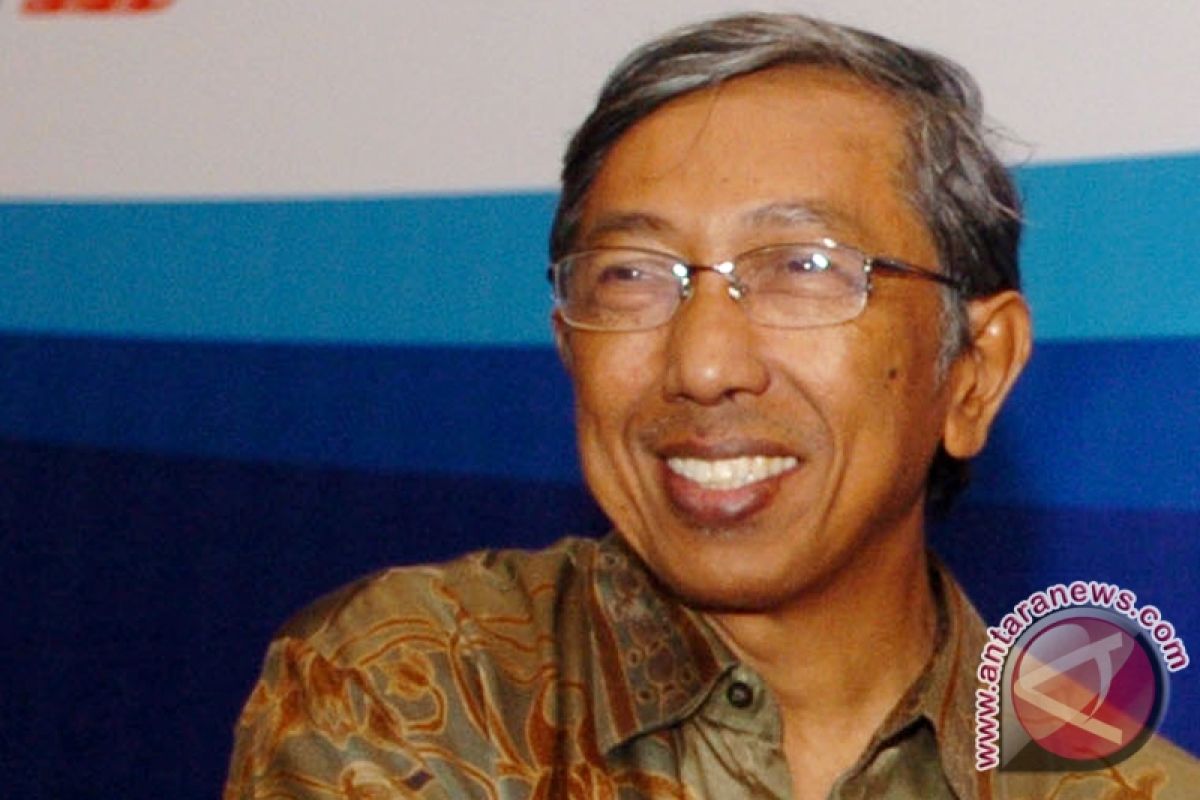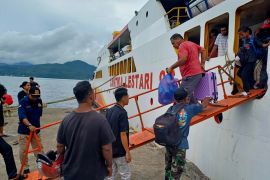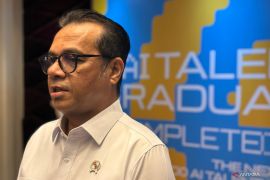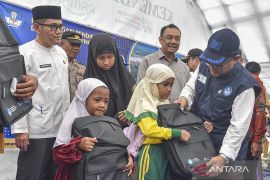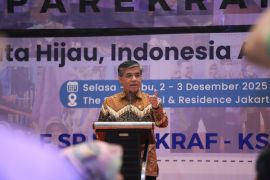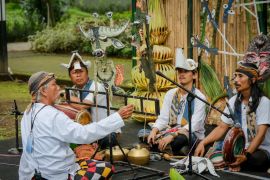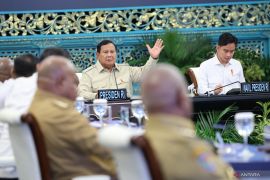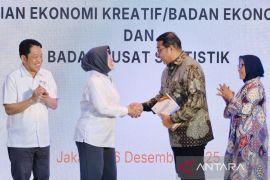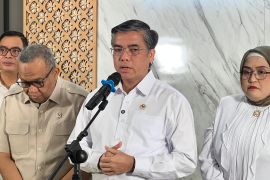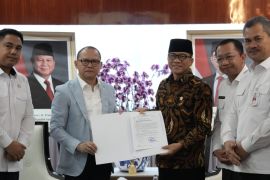"As a mega-biodiverse country, Indonesia has high genetic sources," the minister said here on Thursday when opening a workshop on "Development of Biodiversity Park and Prevention of Biodiversity Theft."
The Biodiversity Park Development Program is aimed at supporting the implementation of Nagoya Protocol in various regions, according to him.
Indonesia must focus on the endemic biodiversity in the regions for the sake of the biodiversity preservation, he said.
The Biodiversity Park Development Program was launched in 2007 with the objective to preserve biodiversity sources reserves, especially endangered endemic plants.
Indonesia has actively participated in dealing with the biodiversity issues at the global level, according to the minsiter.
"For that purpose, Indonesia has ratified the international convention on biodiversity through the Law No.5/1994," he said.
Indonesia signed the Nagoya Protocol at the UN Headquarters in New York on May 11, marking a milestone in the history of the use of biodiversity convention.
The signing ceremony took place during a ministerial segment of the 19th session of the Commission on Sustainable Development (CSD-19) at the General Assembly Hall, the UN Headquarters, New York.
The protocol sets terms on how countries will permit access to genetic resources, share the benefits arising from their use, and cooperate with one another in allegations of misuse. The protocol will come into force 90 days after it has been ratified by at least 50 parties.
The protocol will serve as an important instrument to optimize the use of genetic resources and to put a halt to bio-piracy. After signing the protocol, Indonesia is expected to ratify it by enacting law in line with the effort to speed up the passage of genetic resource management bill into law.
(Uu.F001/HAJM)
Editor: Ruslan Burhani
Copyright © ANTARA 2011
